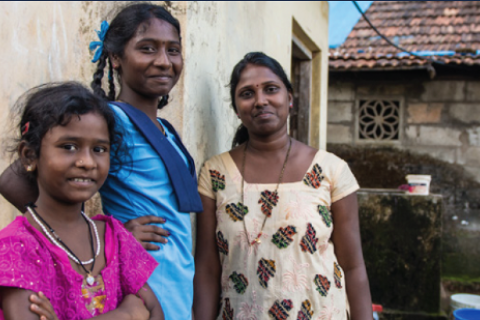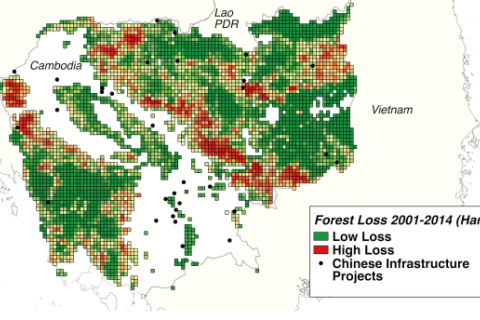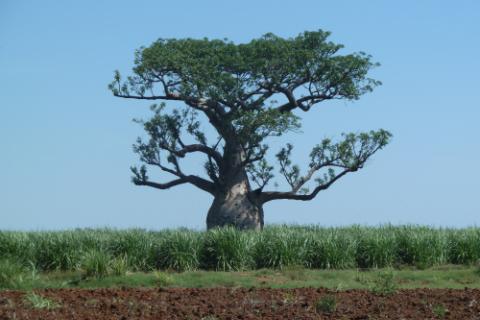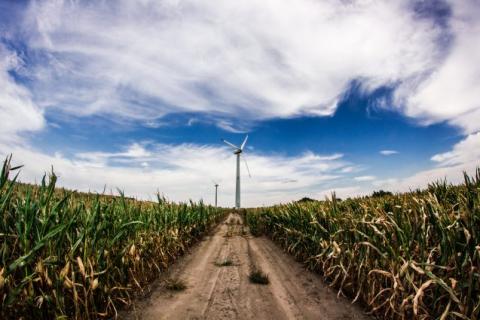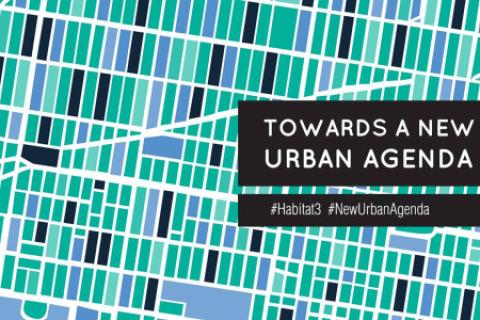The VGGT infographic on Land Book now displays 14 legal indicators on expropriation and compensation processes in 50 countries
Until now, a comprehensive study of national-level expropriation, compensation, and resettlement procedures in 50 countries across has not been conducted. My PhD research project, facilitated by the University of Groningen Faculty of Law, aims to bridge this gap by providing a broad comparative analysis of nation legal frameworks in 50 countries across Asia, Africa, and Latin America to determine whether legal procedures in these countries adopt internationally recognized standards on expropriation, compensation, and resettlement.
AIDDATA Published Geocoded Dataset on Chinese Financing in Ecological Hotspots
Conservationists and environmental advocacy groups have warned that the nature, pace and scale of Chinese-funded infrastructure projects in the developing world may lead to unintended environmental consequences, especially in so-called “ecological hotspots.” Until now, there has been no systematic, large-scale evidence that confronts the causal claim that Chinese-funded development projects ha
Fair Compensation in Large-Scale Land Acquisitions (LSALs) Can Act as an Incentive for Those Investments That Truly Are a Development Opportunity
Despite the fact that land is intrinsically fixed in space, a new transnational market for land is born. Indeed, data from the Land Matrix suggests that in the last 16 years 77.5 million hectares of land – a surface slightly smaller than the entire Mozambique – have been transferred to international investors or are currently under negotiation. More than 140 countries are involved in this international market for land either as investor country, or as target country, or both.
Minutes from final session of the Conference on Fair Compensation (Cape Town, South Africa (Dec. 9, 2016))
The Rethinking Expropriation Law initiative hosted a Conference on Compensation for Expropriation in Cape Town, South Africa on December 7-9, 2016. The final session of the Conference took place on December 9 and aimed at discussing the development of a protocol on fair compensation.
For the final session in Cape Town, scholars, judges, activists, and government officials from around the world sat together to provide input on what guidance and principles should be included in the protocol on fair compensation.
The sugar rush in southern Africa
By Ian Scoones, Professorial Fellow at the Institute of Development Studies, and the Director of the ESRC STEPS Centre at Sussex
Land, Resource Investments, and Climate Change: 3 Key Takeaways
Any discussion on climate change and sustainable investment in natural resources must grapple with land—a complicated yet crucial component of the search for equitable climate change solutions. In the context of resource investments, land is deeply entwined with both climate change impacts and climate change actions. At the risk of oversimplifying a complex and nuanced topic, here are three key takeaways on the interactions between resource investments, land use, land rights, and climate change.
Four Key Messages for the New Urban Agenda
By Oumar Sylla, Director of the Global Land Tool Network (GLTN)
On behalf of UN-Habitat, particularly the Land and the Global Land Tool Network Unit, which also serves as the GLTN Secretariat, I was pleased to present some key messages at the third Preparatory Committee Meeting of Habitat III.
How far have we got since the great land rights debates five years ago?
This blog was written as a contribution to the Mekong Regional Land Forum that took place from June 21-23 in Hanoi, Vietnam. Duncan Pruett was a keynote speaker at this event.
By Duncan Pruett, Program Policy Advisor for Oxfam in Myanmar

